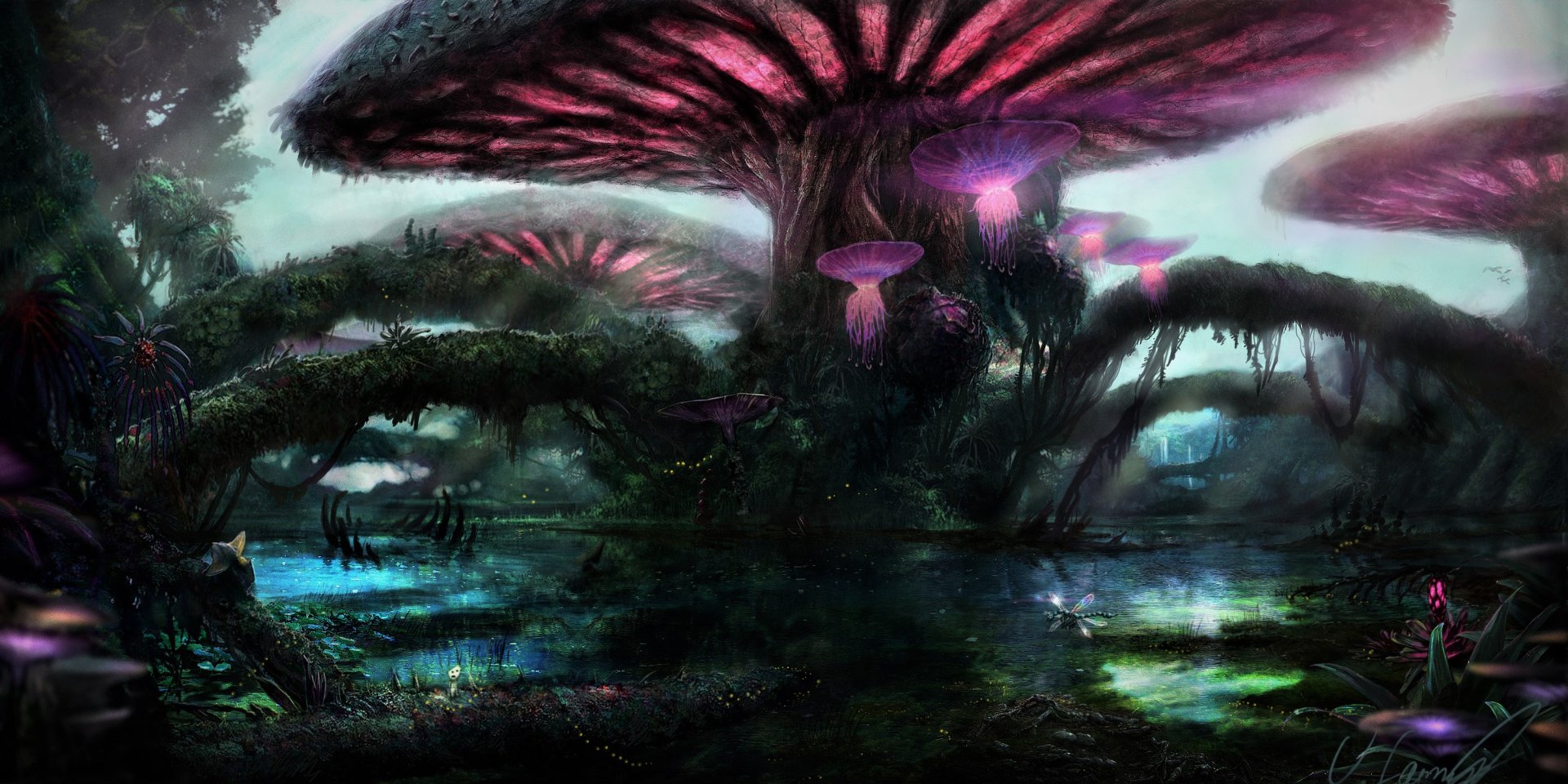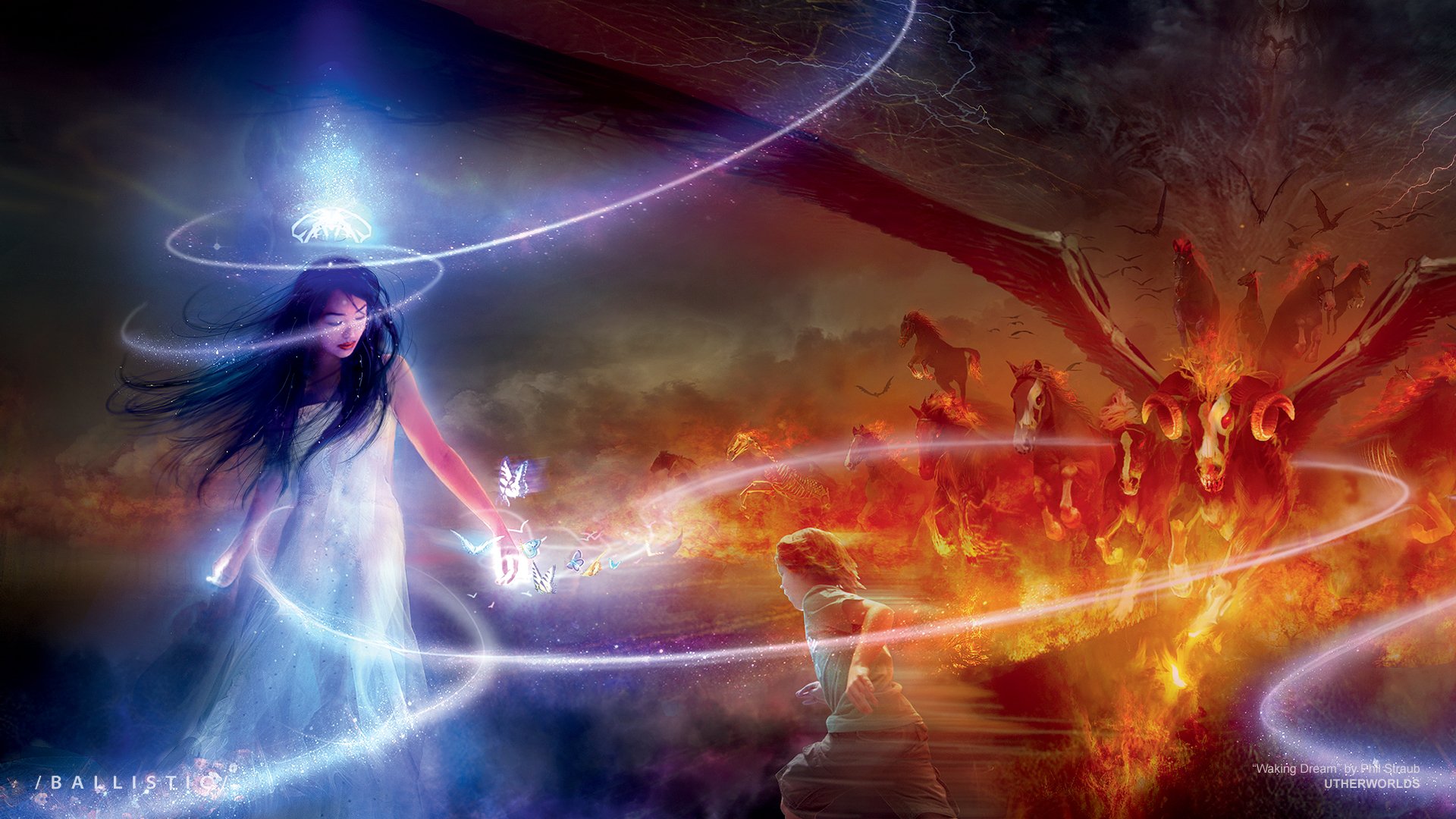

Thirteen percent of the survey sample ( n = 330) endorsed at least one harm from psychedelic use, and these participants reported less mental health benefit.

Strong evidence for benefit of one preferred psychedelic agent over another was not observed, but enduring increases in factors related to mystical-experience and prosocial perspective taking associated with enhanced mental health. However, improvements were noted following a single lifetime use. These improvements increased in magnitude with increasing psychedelic exposure, with a ceiling effect. Psychedelic use was associated with significant improvements in depressive and anxious symptoms and with increased emotional well-being. Participants also reported preferred psychedelic agent, number of uses, and harms attributed to psychedelic use. Participants retrospectively completed a battery of instruments assessing depression, anxiety, and emotional well-being prior to and following psychedelic exposure. A cross-sectional, online survey was completed by 2,510 adults reporting at least one lifetime psychedelic experience. The current study sought to confirm these findings in a large group of psychedelic users and to conduct a novel examination of associations between amount of psychedelic use and behavioral outcomes, as well as frequency of harms ascribed to psychedelic use. Survey-based studies suggest naturalistic psychedelic use provides mental health benefits similar to those observed in clinical trials.

2Department of Psychiatry, Texas Tech University Health Sciences Center Medical School, Lubbock, TX, United States.

1Department of Human Development and Family Studies, School of Human Ecology, University of Wisconsin-Madison, Madison, WI, United States.


 0 kommentar(er)
0 kommentar(er)
